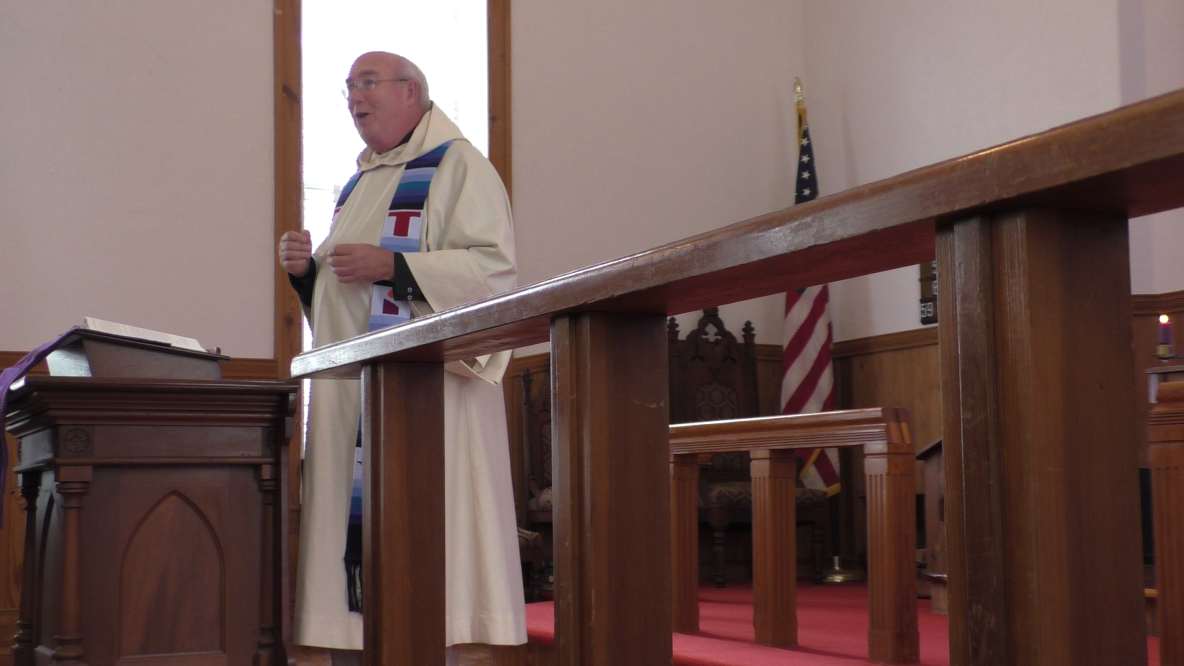From the Mission Board and Father George Editor’s note: Services have not resumed as of June 26, 2020 and there are no plans to re-open in the foreseeable future, probably through July. An announcement about opening will be made on the home page of this site and via our email list. Standing Operating Procedure 15th […]
Month: June 2020
June 28, 2020 Sermon

Father George’s Sermon: Welcome (28 June 2020) “The Episcopal Church Welcomes You” this is the message of the ubiquitous blue and white signs that mark the way to a local parish church all over this country. When I travel noticing those signs have started many a side trip, or distraction, from the road. This morning’s […]
Adapted from the weekly email to members of Church of the Mediator by Father George, June 26 2020. Several have asked about “Spiritual Communion.” I’ve written a brief response, as follows: Interest in “spiritual communion” is on the rise as the COVID-19 pandemic continues to ravage our nation and the world making our usual form […]
3rd Sunday after Pentecost
Why Are You Afraid? This past several weeks the talking heads on the various news programs have been commenting on the fearfulness of our times. I will admit that some of the news is potentially frightening. Yet, once again, we hear Jesus inviting us, no urging us, to let go of our fears. The one […]
